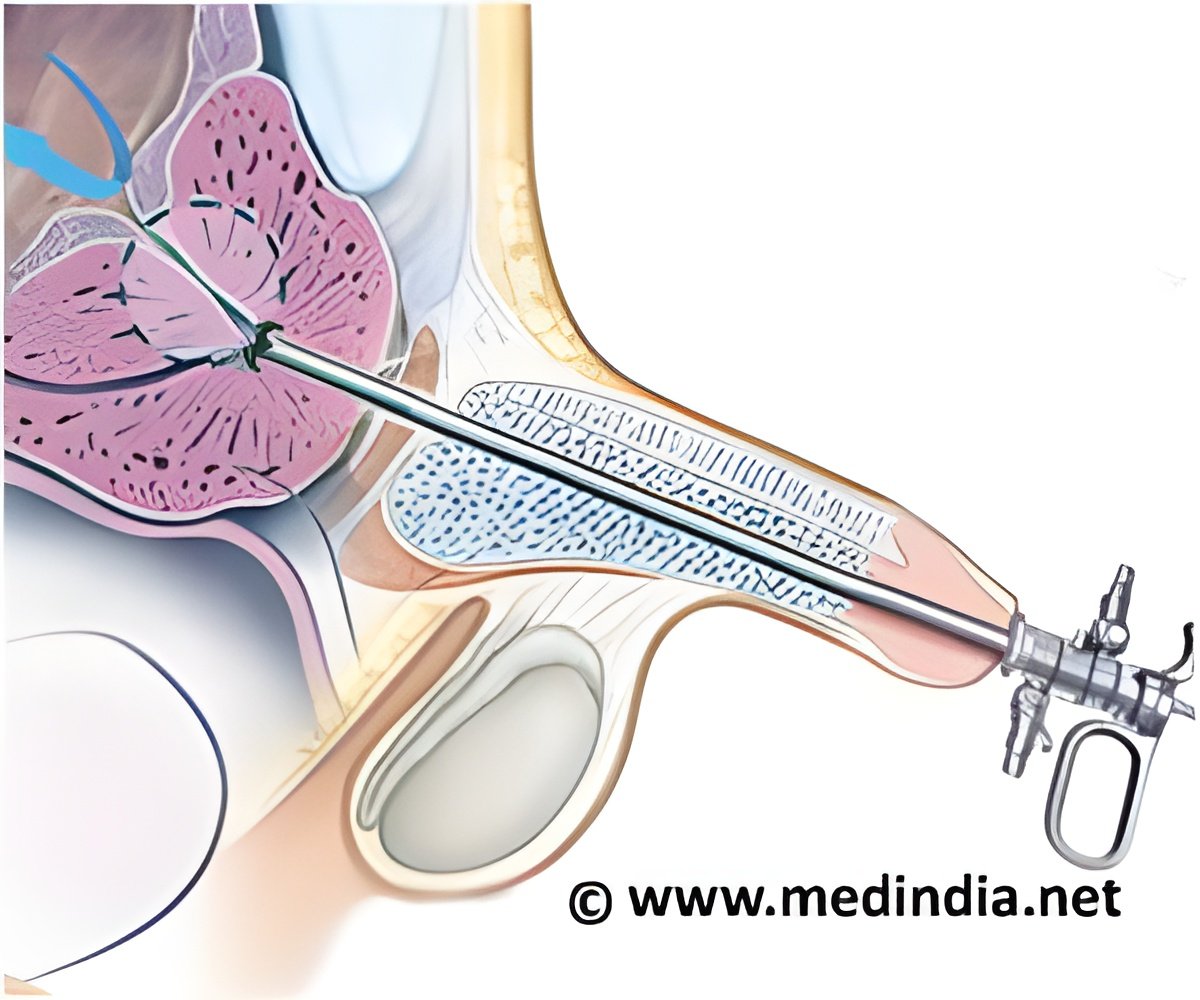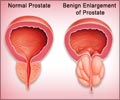
Men suffering from BPH struggle with urinary tract problems, urethral obstruction, urine blood and sexual dysfunction.
Researchers carried out a non-invasive treatment trial on dogs with BPH. The trial was a success since it was able to reduce the size of the prostate gland, and the researchers hope this would work for humans too.
The new methodology used in the trial on dogs was pulsed electromagnetic field therapy (PEMF), which is a noninvasive treatment method that generates both an electrical and magnetic field and is currently in use in orthopedics, neurology, and urology.
The dogs involved in the study were treated with PEMF for 5 minutes, twice a day for three weeks. The device was just held over the skin of prostate location.
There was tremendous progress in reduction of the size of the prostate of about 57% in dogs. There was no compromise in semen quality, libido or the levels of testosterone.
Doppler studies showed a reduction of peripheral blood resistances and a progressive reduction in blood flow resistance in the prostatic artery dorsal branch.
Advertisement
The study appeared in the journal The Prostate.
Advertisement



![Prostate Specific Antigen [PSA] & Prostate Cancer Diagnosis Prostate Specific Antigen [PSA] & Prostate Cancer Diagnosis](https://www.medindia.net/images/common/patientinfo/120_100/prostate-specific-antigen.jpg)








